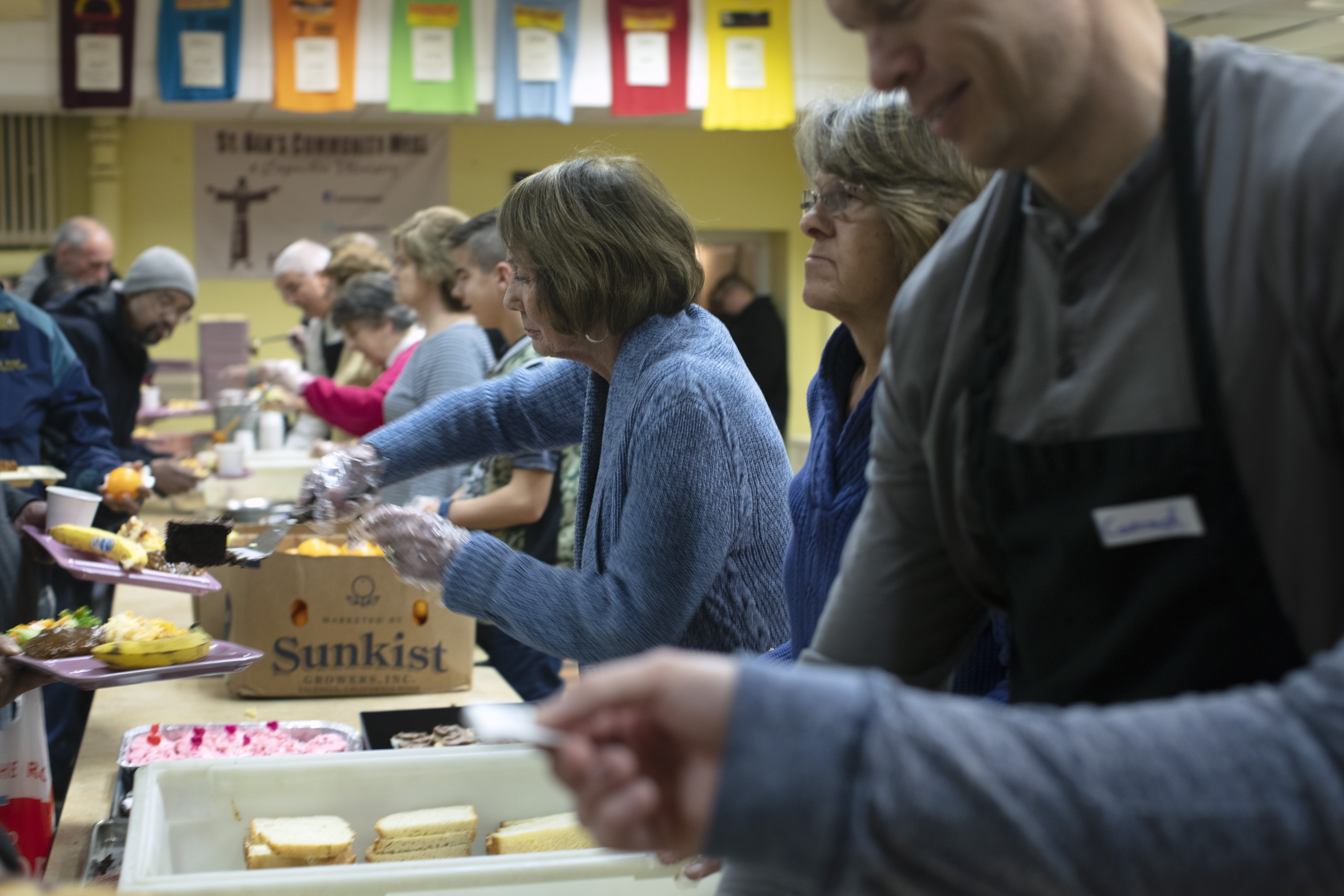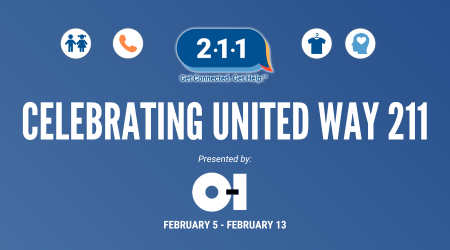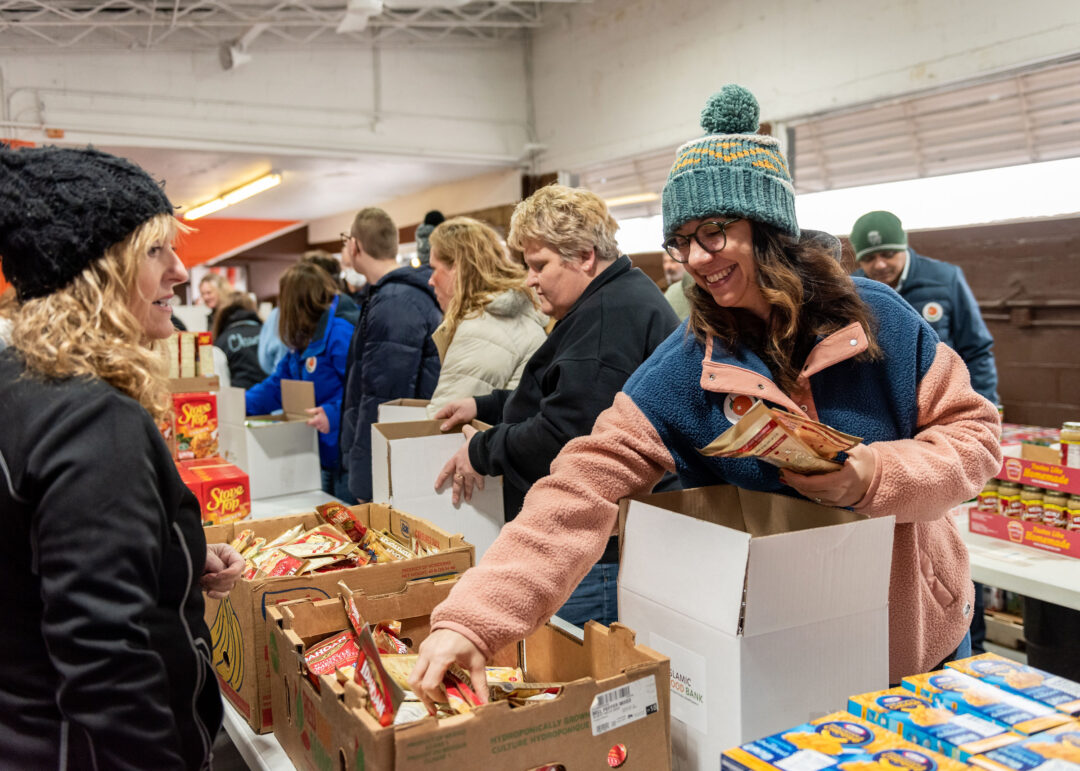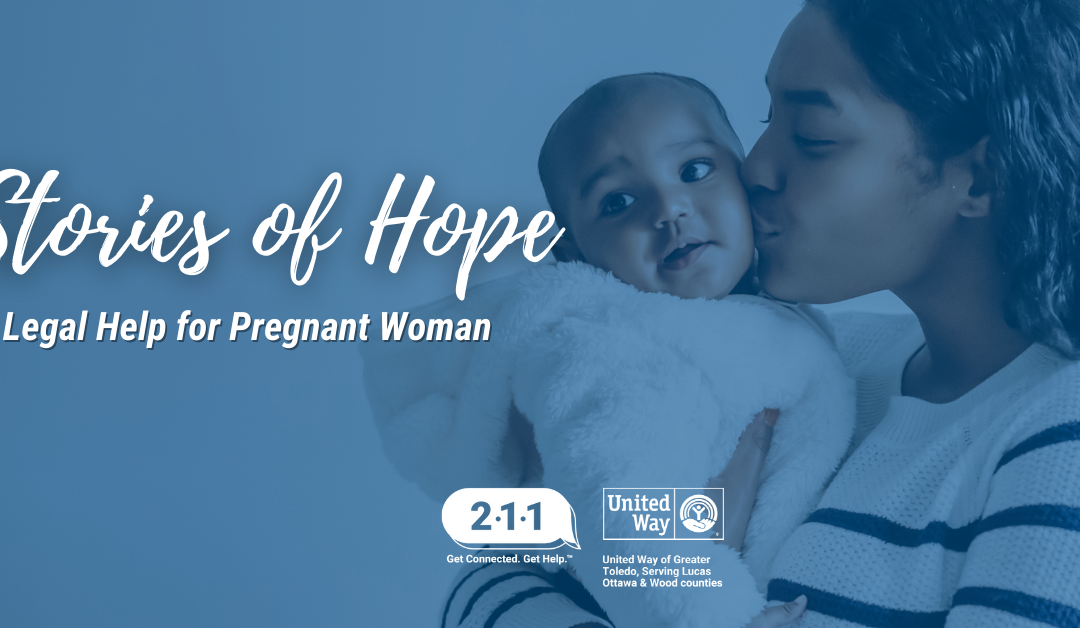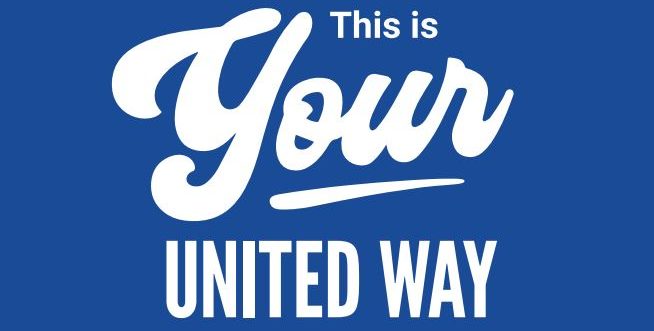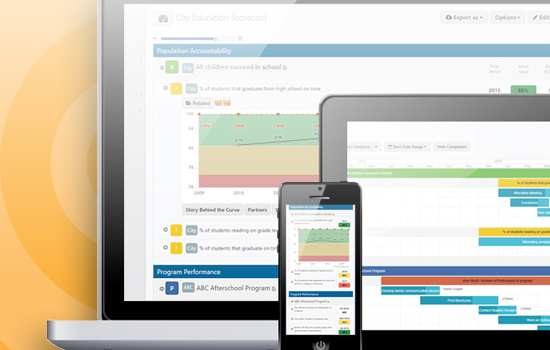[TOLEDO, Ohio] – As a possible government shutdown threatens the livelihood of 2,100 federal workers and their families around Toledo, and as more than 5,000 Jeep workers continue their strike (joined by upstream harm such as layoffs to 130-150 Toledo Propulsion Systems workers), demand for increasingly costly basic needs is on the rise. Social service organizations are scrambling to do more with less in an inflationary environment.
“We’re headed into a very challenging season for thousands of families in need and for the agencies that support them. Forty percent of the households in Lucas, Wood and Ottawa Counties can’t afford basic needs. When you add strikes and shutdowns, there are a lot of people struggling to stay afloat,” said Wendy Pestrue, CEO of United Way of Greater Toledo. “Local agencies are working creatively to meet the growing need, and they in turn need your support more than ever to be able to feed and clothe people in our community.”
Costs of basic needs are high and are expected to increase through the end of the year. The inflation rate had been falling but is now on the rise again: consumer prices were up 3.7% this August compared to last year, a third consecutive month of rising rates. Families took a utility increase in June when Toledo Edison rate increase of up to 47% will affect consumers more as we head into colder weather, and gas prices are also up about 20% year to date, with another $0.12 cent per gallon increase expected by the end of the year.
“As the job market begins to tighten and interest rates and cost of living continue to rise, we anticipate that folks everywhere will be forced to dip into their savings and take on additional debt to make ends meet,” said Valerie Moffitt, senior program officer for Family Income & Wealth Building at LISC.
Local financial opportunity centers, programs offering financial budgeting help throughout the region, have seen no change in demand, but Moffett says she expects individuals to take on more debt as the year progresses, which usually means more residents will be seeking support.
Already, calls to United Way’s 211 assistance hotline are up so far this year. Compared to last year, the call center has seen a 13.5% increase in calls for housing and shelter, a 16.9% increase in calls about employment and income, a 23.8% increase in calls about food, and a 232.4% increase in the need for transportation (the latter is due largely to a new pilot transportation program dispatched by 211). There have been 64 calls to 211 this month from striking UAW families.
Demand for aid at food shelters is already rising. The Washington Local Schools, which participate in the Islamic Food Bank’s Weekender Food Bags program, has begun distributing 200 more bags of food each month, going from 500 to 700, partly to help UAW families. Since May, when the SNAP benefits were reduced, the Islamic Food Bank’s Perrysburg Heights Community Association has gone from serving 40 families per week to 75 families. Demand is also up 30-40% in the IFB’s mobile food bank program offering warm meals. At the same time, prices for some food items have gone up as much as 25%. “We are consistently tracking the demand and adjusting as necessary to meet people where they are,” said M. Razi Rafeeq, executive director of the Islamic Food Bank. “We have already committed to providing more Thanksgiving holiday food boxes than last year and continue to adjust this number.”
The need for public housing is already so large that Lucas County Metropolitan Housing is only planning to open its wait list for three days this month. The organization had been offering an online signup for its waitlist for five days per month, but that window will be tighter this month, with applications only open October 16th to the 18th. “We’re anticipating a huge demand,” said Libby Schoen, chief program officer of LMH. “The reality is that those numbers will sustain us for a long period of time.”
People in need can call the free and confidential 211 hotline for information about everything from rent and utility assistance to food to healthcare. Whether they’re in crisis or just need advice, 211 will identify local resources that could help. To contact, dial 2-1-1, text your zip code to 898-211, or visit 211nwo.org.
To donate or contact United Way of Greater Toledo, please call (419)-248-2424 or visit UnitedWayToledo.org.
We believe in uniting the caring power of people to improve lives. United Way of Greater Toledo brings a worldwide network into neighborhoods throughout Northwest Ohio. Proudly serving residents of Lucas, Ottawa, and Wood Counties, since 1918 we have believed that we all benefit from each other’s success. As one of the longest-serving charitable organizations in our region, we are trusted, innovative, collaborative and accountable. Most importantly, your contributions serve neighbors right here at home.


